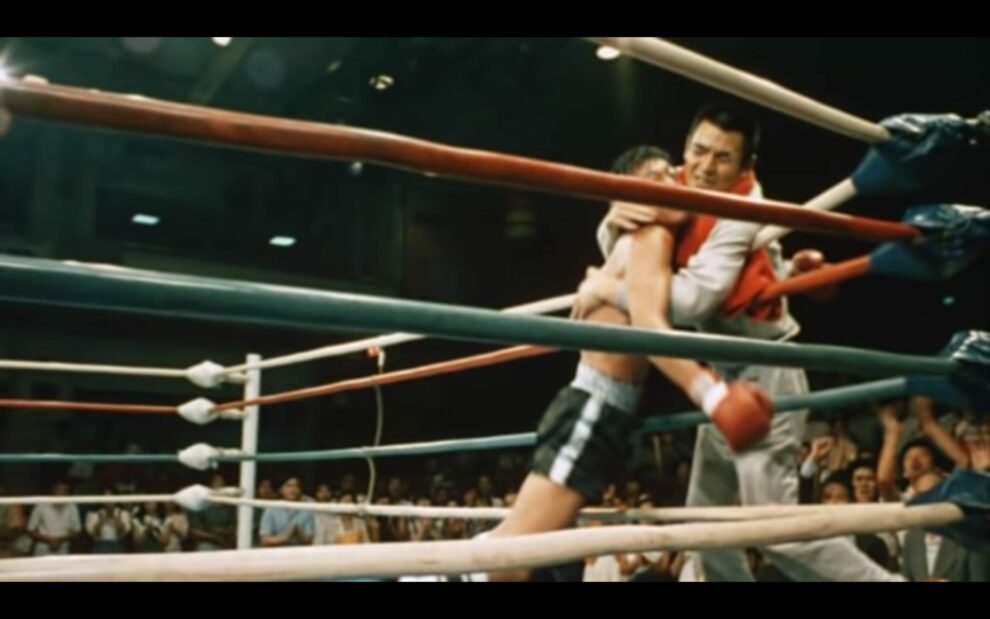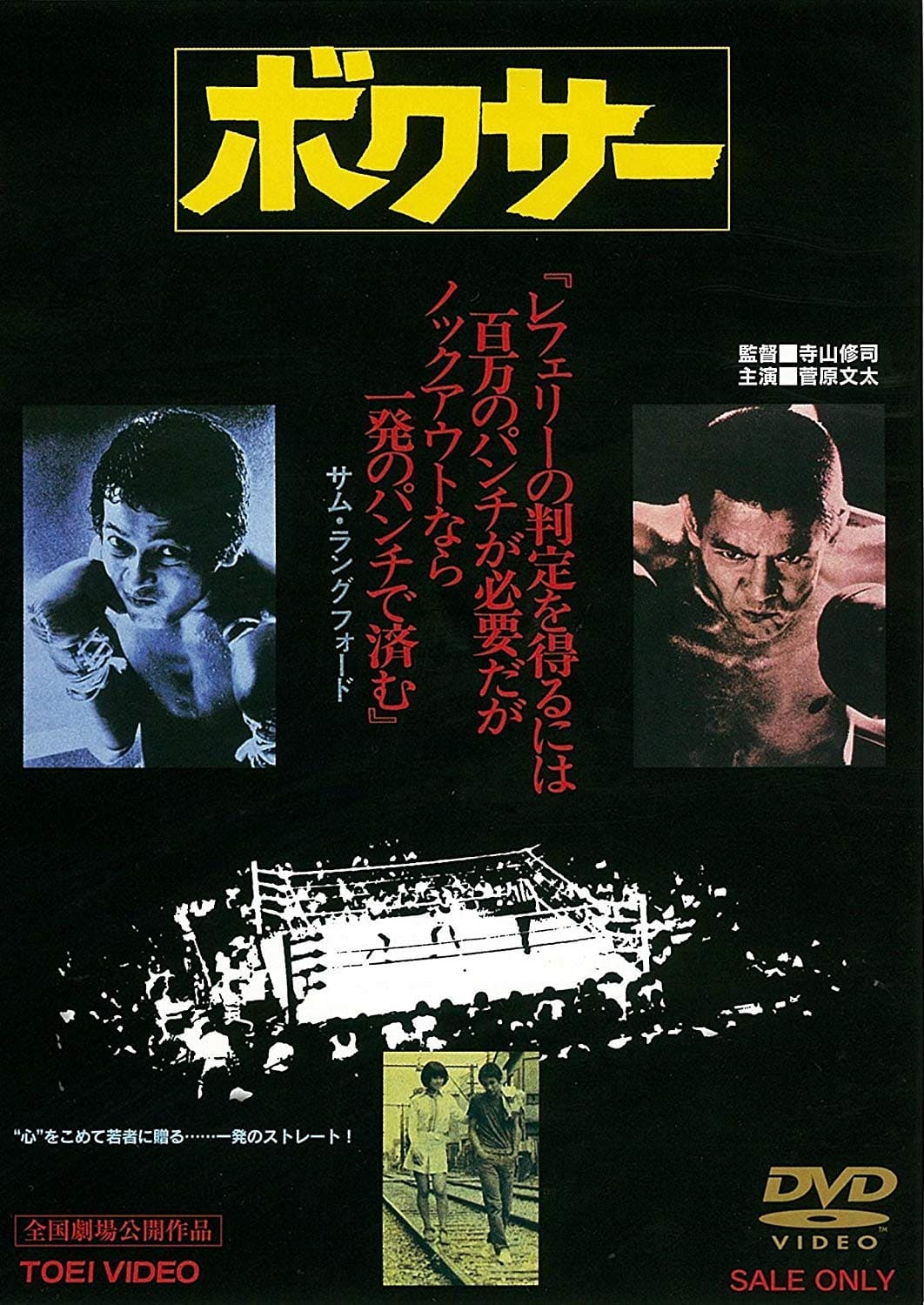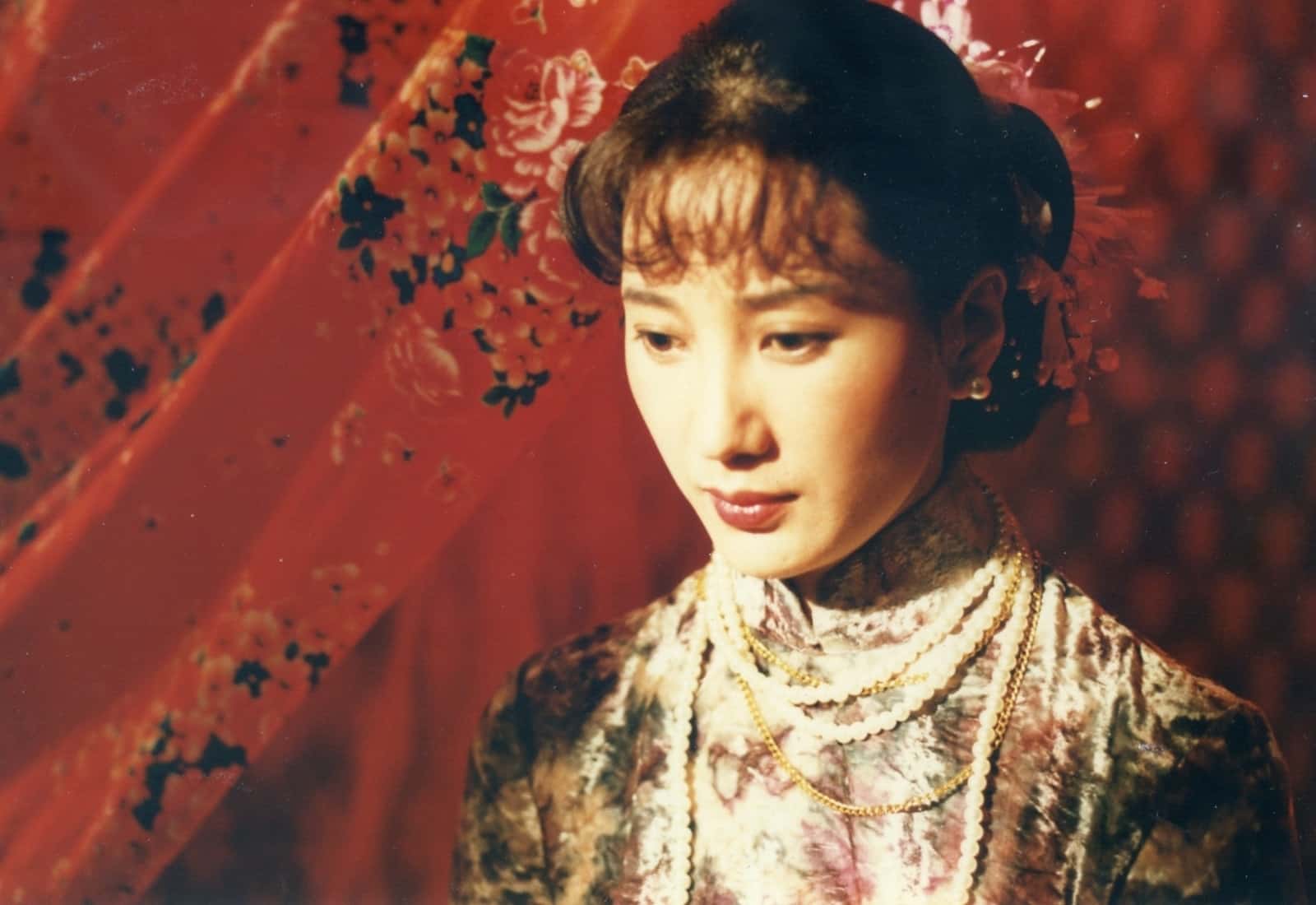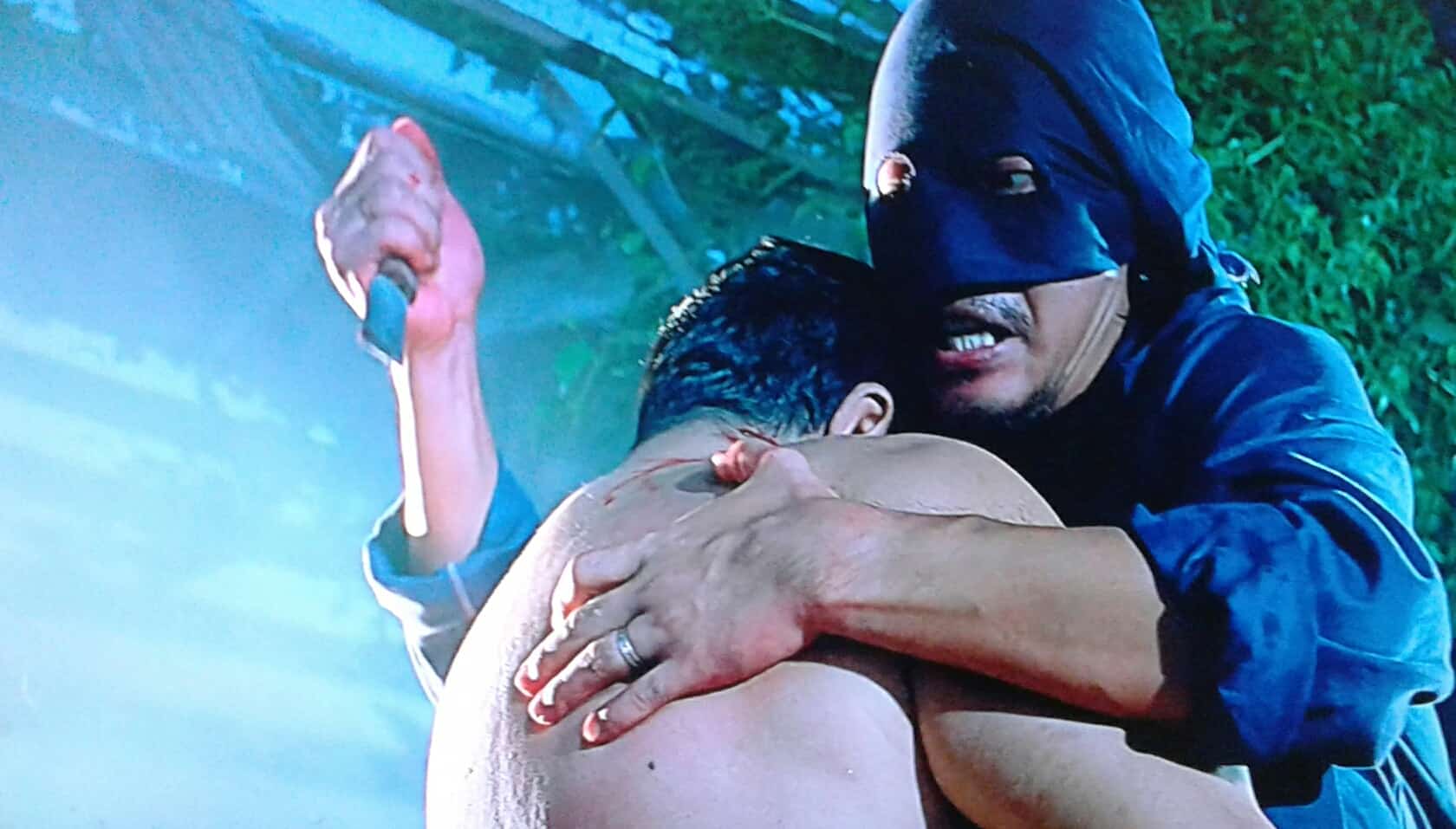Films about boxing have been found in abundance in the Japanese movie industry, with local filmmakers, however, frequently dealing with the losers of the sport rather than the winners. Shuji Terayama also made a similar effort back in 1977, in an approach, though, that moves both towards the aforementioned direction and the audience favorite ‘underdog' trope, while including intense elements of family drama.
Starting with a black and white, documentary-like intro, in an aspect that actually appears in various parts throughout the movie, “The Boxer” then introduces us to Hayato, a former successful boxer, who, for reasons unknown, in the midst of a winning match, stopped fighting and even quit boxing afterwards, while a bit later he abandoned his wife and started living alone in a cramped lodging, with his dog. When Tenma, a young man who also happens to be a boxer, kills Hayato's brother by accident in the car junkyard they both worked, Hayato goes to find him at the gym he trains, but is turned away somewhat violently by the rest of the fighters there. The animosity grows, but eventually Tenma learns about Hayato's past, and asks him to train him, despite a bad leg that has caused much trouble in his career. The latter eventually agrees, but the relationship of the two is not exactly smooth, while the appearance of Hayato's daughter complicates things even more.
Shuji Terayama directs a film that unfolds into three main axes. The first and most minor one, is the documentary-like aspect, with him focusing on the tragic stories of a number of Japanese boxers of the past, including footage from the fights, while eventually he even includes them in the film in cameos during the final fight. The second is Hayato's story, with Terayama retaining the mystery about his reasons for quitting, roughly until the last moments of the movie, where it is presented in an intensely dramatic fashion, in probably the most impressive aspect of the whole film. The fact that his ex-wife still lusts for him, and that he appears to be quite strong and fit adds even more to the mystery, in an element that works rather well for the narrative.
Check also this interview
The third is evidently Tenma, who appears to be an even bigger loser than Hayato, with the death of his colleague being essentially controversial, and his bad leg along with his insistence to continue boxing making him a figure somewhere between the heroic and the hopeless. When the two arcs get together, the rhythm of the movie picks up, with the training session reminding intently of “Rocky”, although in a more rough, violent fashion. At the same time, the two losers who should be enemies but end up being comrades of sorts works quite well, with the reasons behind Hayato's agreeing to help the killer of his brother eventually getting connected to the ones that forced him to quit. This element is actually the most intriguing in the story, with Terayama handling it rather well in the way he subtly reveals it, without spoon feeding his audience though.
At the same time though, it is easy to say the film lacks a punch (pun intended) with the many events taking place being either easy to see from miles away (the two becoming trainer and trainee, what happens with the daughter) or hit too close to “Rocky” as in the case of the running part of the training sessions or the final match. Terayama tries to “correct” this part through the constant tension between the two and Hayato's truly unique perspective of the last match, but these aspects, although they do work, do not fully overcome the impression that this could have been a much more tense and much more impactful viewing.
The realism of the actual matches works quite well though, with DP Tatsuo Suzuki capturing all the struggles and messiness of the fight accurately, while the overall presentation of the lowly neighbors the protagonists inhabit is quite competent. Fumio Soda's editing results in a relatively fast pace that suits the overall nature of the story, while Terayama's experimentation, in this case with the inclusion of documentary-like sequences, is well implemented, although much more restrained than usual.
Bunta Sugawara as Hayato plays the brute in his usual, essentially perfected way, also being quite convincing in the more dramatic aspects of his character. Kentaro Shimizu is also quite good, in his laconic resolve, with the chemistry of the two being one of the best aspects of the movie.
There is nothing significantly wrong with “The Boxer” and the truth is that the presentation of the low levels of the boxing world is quite intriguing. At the same time, though, that the film lacks some kind of oomph and that there are many moments that is difficult to understand why they are there, definitely decreases its quality, resulting in a title that could have been much better.
















